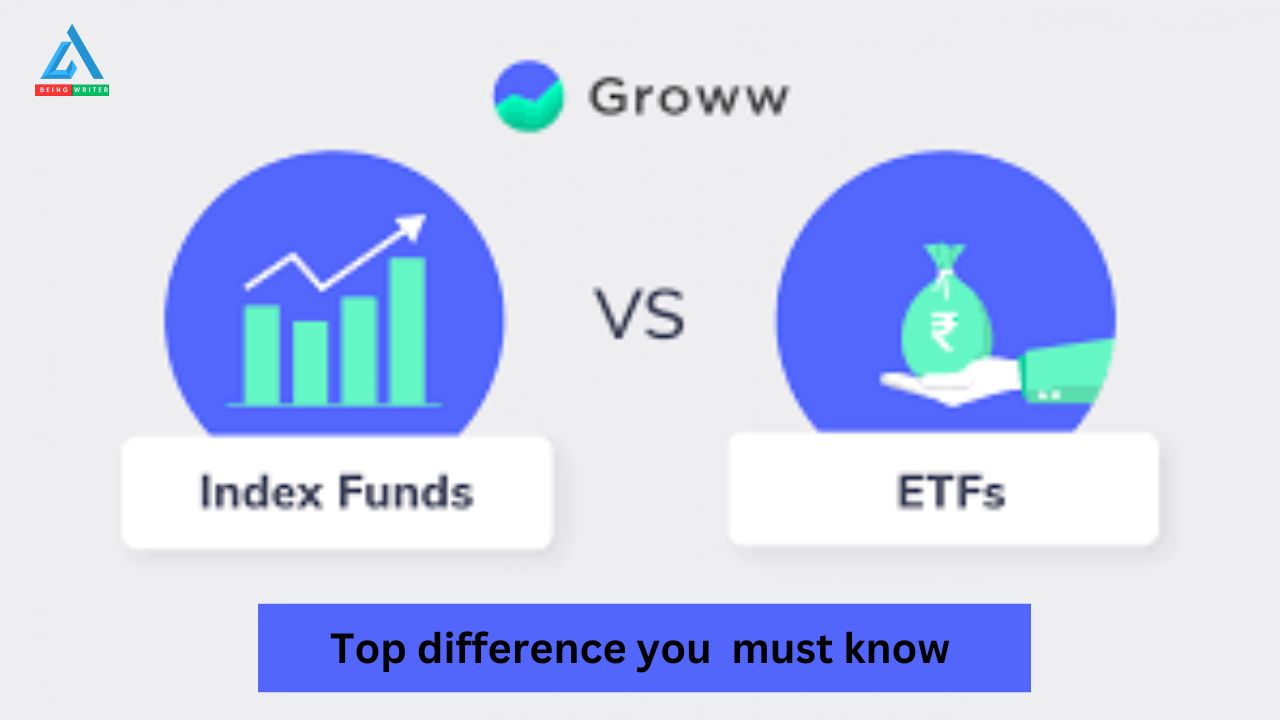Index funds and exchange-traded funds (ETFs) are two popular ways to invest in the stock market. Both offer convenient ways to diversify your portfolio, but they have distinct advantages and characteristics. So The purpose of this article is to help you make an informed decision on where to invest your hard-earned money by examining the differences between index funds ETF.
Index Funds
What are index funds?
Index funds are investment vehicles designed to track a specific market index, like the S&P 500, by holding all or a representative sample of the securities in that index.
Advantages of Index Funds
Therefore Index funds are known for their low expense ratios and passive management style making them a cost-effective and relatively low-risk investment choice.
Drawbacks of Index Funds
One limitation of index funds is that they only provide exposure to the overall market, limiting customization and the potential for outperformance.
Long-Term Strategy
If you’re looking for steady, reliable returns without active management, index funds are a great option. Therefore, if you’re looking for steady, reliable returns without active management, index funds are a great option.
ETFs:
What are ETFs?
ETFs are similar to index funds but are traded on exchanges like stocks, providing liquidity and flexibility to investors.
Advantages of ETFs
ETFs offer intraday trading, allowing investors to buy and sell shares throughout the trading day, making them ideal for short-term strategies.
Drawbacks of ETFs
Trading commissions can add up for frequent traders, as ETFs may have slightly higher expense ratios than index funds.
Diverse Investment Options
ETFs cover a broad range of assets, including stocks, bonds, commodities, and even niche sectors, providing investors with diverse choices
Choosing Between Index Funds and ETFs:
Investment Goals
Consider your investment objectives: long-term wealth-building may align better with index funds, while ETFs offer flexibility for short-term trading.
Risk Tolerance
Evaluate your risk tolerance. Index funds are typically less volatile, making them suitable for risk-averse investors, while ETFs can be more dynamic.
Cost Considerations
So Calculate the most cost-effective option based on expense ratios, trading fees, and tax efficiency.
Diversification Needs
If you seek diversification across various asset classes, ETFs might be more appealing due to their wide range of investment options.
Conclusion
The debate between index funds and ETFs doesn’t have a one-size-fits-all solution. Investment goals, risk tolerance, and control level should all be considered when making your choice. So that Based on your financial strategy, you should make an informed decision between the two options.



this post very informative